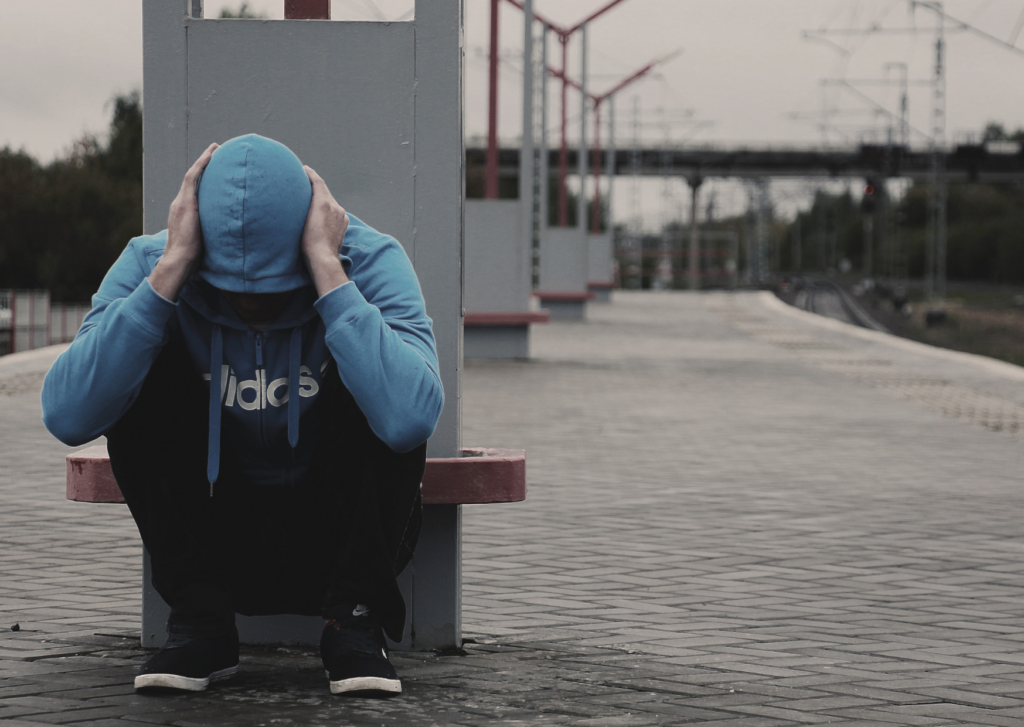
In general, individuals start experimenting with drugs out of curiosity or peer pressure. Some individuals start to misuse drugs to perform better (to increase their focus or concentration) or even to feel better. Most people believe they can control their use. But drugs can quickly take over your life.
While many people have been educated on and understand the physical effect of drug abuse and dependence, the emotional effect is often less understood. Drugs can produce intense feelings of pleasure or relaxation at the onset, although these feelings are short-lived and the consequences of drug use are vast, varied, and affect people of all ages.
According to the National Institute of Drug Abuse (NIDA), addiction affects the brain and changes behaviour. Brain imaging studies of people with addiction show physical changes in areas of the brain that are critical to judgment, decision-making, learning, memory, and behaviour control.
The dark side of emotion: the addiction perspective written by George Koob, describes that substance abuse typically exists hand in hand with negative emotions. These include depression, anxiety, loneliness, and even anger. When a person who is struggling with substance abuse feels these negative emotions, they often abuse drugs to suppress or silence the emotions. As withdrawal sets in, the emotions worsen, and they need to use again to suppress or silence the emotions.
Murphy, Taylor and Elliot conducted research on the detrimental effects of emotional process dysregulation on decision-making in substance dependence and found that people often experience greater difficulty controlling their emotions at all stages of substance use/abuse. The mechanisms of addiction, cravings, and impulse are linked to changes in the brain that intensify as the addiction continues. People who are struggling with addiction may face heightened feelings of sadness, anxiety, worthlessness, and anger.
When you abuse drugs, your brain literally changes the way it functions. The drugs take the place of naturally occurring chemicals in the body that affects your brain’s functioning. Drugs attach themselves to receptors that work in the brain to regulate mood and affect your emotions. Typically, these receptors are attached to certain neurotransmitters such as serotonin and dopamine (that you know by now and have been introduced and educated about by Hey Happy), which work in the brain to raise your mood and make you feel good. This explains the initial feeling of euphoria shortly after taking a drug, as that substance works in a similar manner on receptors as the naturally occurring chemicals. This gives us short-lived pleasure with long-term negative consequences.
People having a hard time controlling their need to take drugs even though it causes many problems for themselves and their loved ones should reach out for help. This is a sign of addiction. Hey Happy wants to encourage you to steer away from drugs as even relatively moderate drug use poses dangers to your mental health and mood.
written by George van der Watt, registered counsellor at Mooiuitzicht treatment center and Derika de Villiers, clinical psychologist.
